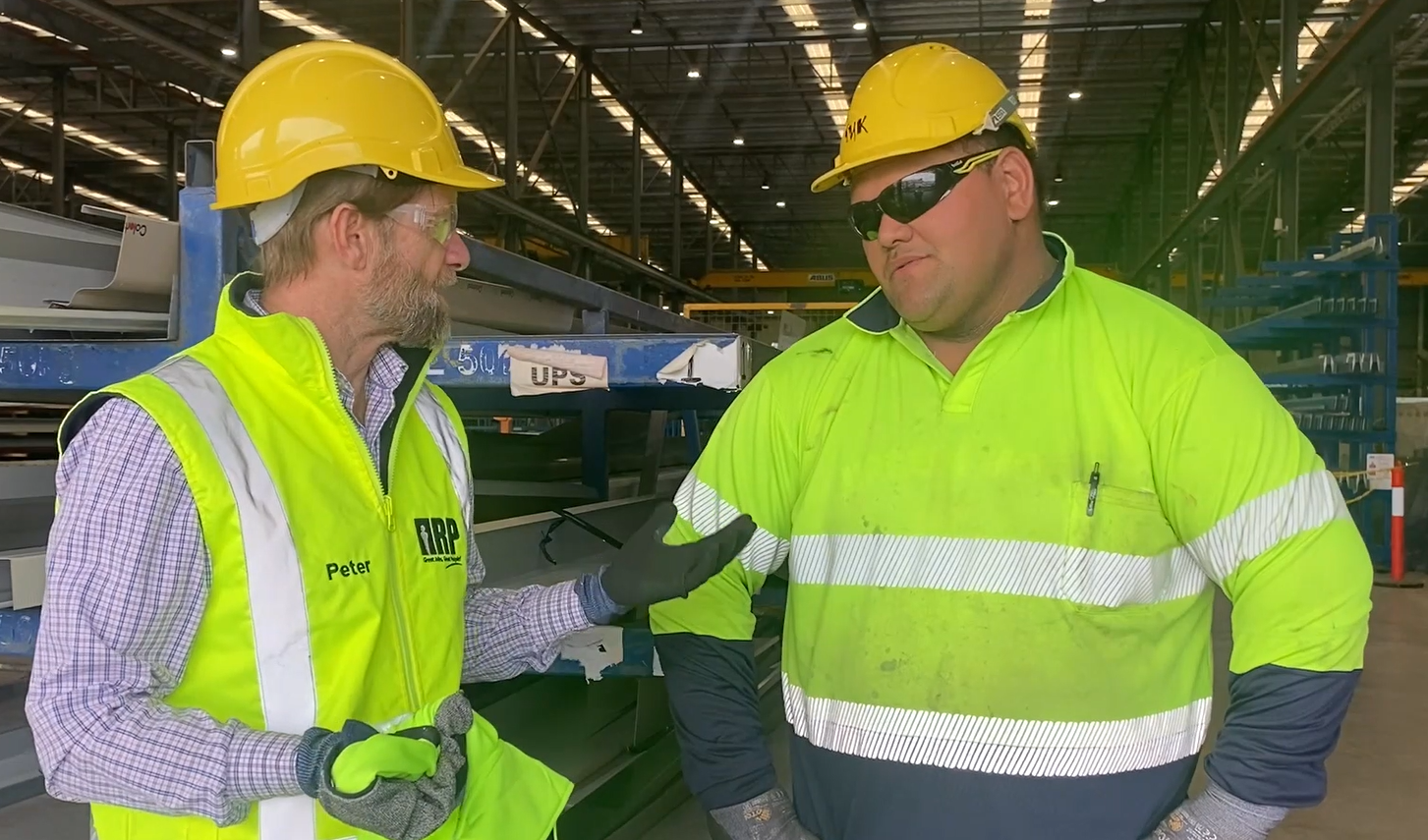By Peter Spark
•
January 30, 2025
Horticultural labourers and landscapers play a pivotal role in designing, maintaining, and enhancing outdoor spaces. While landscaping is often associated with creating visually appealing gardens and outdoor environments, the field is broad and includes many practical, hands-on roles focused on maintaining and improving functional outdoor areas. This article explores the responsibilities and duties of horticultural labourers and related job roles. From garden maintenance to commercial landscaping, these professionals help create and maintain outdoor spaces, ensuring they remain safe, attractive, and functional. Responsibilities and Duties of a Landscaper The responsibilities of a landscaper can vary depending on the specific role, but common duties include: General Maintenance : Tasks such as mowing lawns, watering plants, and weeding flower beds to maintain gardens and landscapes. Installation of Features : Setting up landscape features like retaining walls, water features, and outdoor lighting systems. Plant Care : Planting and maintaining flowers, bushes, hedges, and trees, ensuring their growth and health. Pest and Soil Management : Applying fertilisers, managing pests, and ensuring soil quality to support plant health. Maintenance Equipment Operation : Operating tools and machinery like lawn mowers, hedge trimmers, leaf blowers, and sprinkler systems. Cleaning and Repairs : Cleaning walkways, removing dead plants, and trimming overgrown limbs to keep outdoor spaces safe and tidy. Commercial Landscaping : Working on large-scale projects for office buildings, shopping centres, golf courses, and public spaces. Types of Roles in the Landscaping and Horticulture Industry Horticultural labourers can specialise in various areas, and job titles often reflect their specific responsibilities. These roles include: Groundsman Groundsmen are responsible for maintaining large outdoor areas such as parks, sports fields, and golf courses. Their duties include lawn care, irrigation management, and ensuring the safety of outdoor spaces. Garden Maintenance Worker These professionals focus on keeping gardens healthy and aesthetically pleasing. Tasks include trimming hedges, planting decorative bushes, and cleaning flower beds. Landscaping Assistant Often an entry-level position, landscaping assistants support experienced landscapers in installing and maintaining outdoor spaces. This role provides valuable on-the-job training for those new to the industry. Landscape Gardener Landscape gardeners blend gardening skills with design knowledge. They create and maintain beautiful outdoor spaces for residential and commercial properties. Horticulturist Horticulturists specialise in plant cultivation, focusing on areas like soil science, pest management, and irrigation systems to ensure plants thrive. Skills and Qualifications Needed for Landscaping Jobs A successful career in landscaping and horticulture requires a mix of practical skills, physical stamina, and specific knowledge. Here are some essential attributes and qualifications for aspiring landscapers: Skills Physical Stamina and Manual Dexterity : Landscaping is physically demanding, requiring strength and coordination. Organisational Skills : Managing multiple tasks and ensuring projects are completed on time. Critical Thinking : Solving problems like managing pests or repairing irrigation systems. Knowledge of Plants and Soil Science : Understanding how to care for various plants and maintain soil health. Safety Awareness : Preventing accidents while using maintenance equipment and working in outdoor environments. Qualifications Certificate III in Horticulture or Landscape Construction : Provides foundational knowledge and practical skills for landscaping roles. On-the-Job Training : Many roles offer training opportunities to develop expertise in areas like irrigation, pest management, and equipment operation. Equivalent Qualification : Other certifications or apprenticeships can also prepare individuals for landscaping careers. Qualifications Certificate III in Horticulture or Landscape Construction : Provides foundational knowledge and practical skills for landscaping roles. On-the-Job Training : Many roles offer training opportunities to develop expertise in areas like irrigation, pest management, and equipment operation. Equivalent Qualification : Other certifications or apprenticeships can also prepare individuals for landscaping careers. Day-to-Day Landscaping Job Details Landscapers’ daily activities can vary depending on their specific role, but here are some typical tasks: Morning Routine : Inspecting outdoor areas, preparing tools, and planning the day’s tasks. Garden Maintenance : Mowing lawns, trimming hedges, and applying fertilisers. Feature Installation : Constructing retaining walls, installing outdoor lighting, or planting new decorative bushes. Irrigation Work : Installing or repairing sprinkler systems and ensuring plants receive adequate water. General Cleanup : Removing harmful insects, clearing overgrown limbs, and cleaning walkways. Advancing in the Landscaping Industry Landscaping offers numerous opportunities for career growth. Entry-level roles like Landscaping Assistant or Garden Maintenance Worker provide hands-on experience, while additional training can lead to specialised positions such as Horticulturist or Landscape Architect. Pathways for Career Development and On-the-Job Training Starting Small : Begin as a Yard Maintenance Worker or Lawn Mower to gain experience. Gaining Qualifications : Complete a Certificate III or IV in horticulture to access advanced roles. On-the-Job Training : Learn practical skills while working under experienced professionals. Specialising : Focus on areas like pest management, irrigation systems, or landscape design. Starting a Business : Many landscapers eventually become self-employed, enjoying the freedom to choose projects and clients. Projected Job Growth The landscaping industry is growing, with high demand for skilled professionals. Over 300,000 landscaping professionals are hired annually, and the field is projected to grow by 13.5% in the next five years. Why Choose a Career in Landscaping? A career in landscaping offers several benefits, including: Working Outdoors : Escape the office and enjoy a hands-on job in nature. Job Variety : Engage in diverse tasks, from planting flowers to designing outdoor spaces. Career Stability : With consistent demand, landscaping offers job security. Physical Activity : Stay fit and active through physically engaging work. Tips for Becoming a Landscaper or Horticultural Labourer If you’re considering a career in horticulture or landscaping, here are some steps to get started: Research the Industry : Talk to professionals and learn about the roles and responsibilities. Gain Basic Skills : Familiarise yourself with maintenance equipment like lawnmowers and hedge trimmers. Pursue Training : Enrol in courses or apprenticeships to build your expertise. Start in Entry-Level Roles : Gain practical experience as a Landscaping Assistant or Garden Maintenance Worker. Build Your Network : Connect with landscaping companies and professionals to find job opportunities. Next Steps Horticultural labourers and landscapers are essential to maintaining and improving outdoor environments, from public spaces to private gardens. Whether you’re interested in maintaining gardens, operating maintenance equipment, or working on large-scale commercial projects, this field offers diverse opportunities for growth. If you’re a business looking to recruit for a horticulture role or an individual aiming to advance your career in this thriving industry, we’re here to help. Contact us today to connect with the right opportunities or talent in the horticulture and landscaping sectors.














